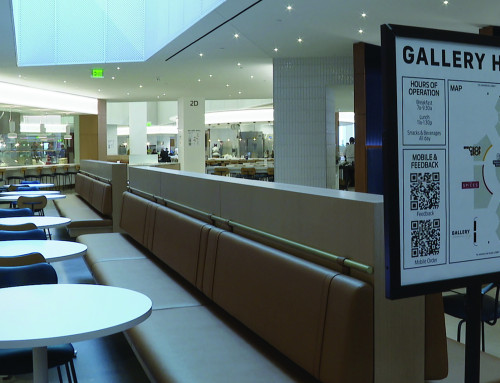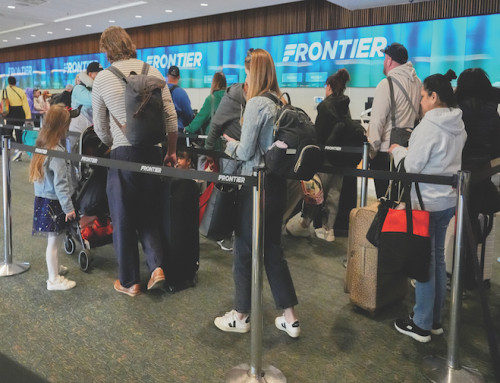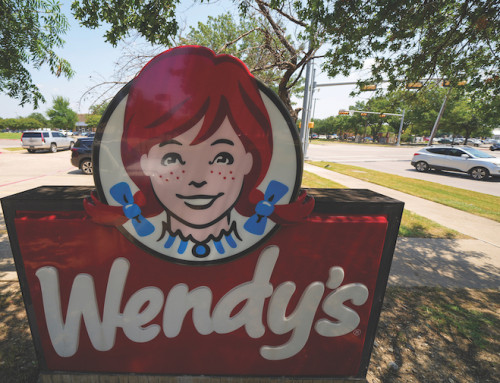NEW YORK (AP) — Target’s third-quarter profit fell as the retailer struggles to lure shoppers.
The Minneapolis company earlier this week said that it expects its sales slump to extend through the holiday shopping season.
The company also announced that it’s planning to invest another billion dollars next year to remodel stores, build new ones, increasing the total cost for the makeover to $5 billion.
Investors have punished Target’s stock recently, sending it down 43 percent in the past year.
Turning around the 19 percent profit slide in the most recent quarter is the latest challenge for incoming CEO Michael Fiddelke, a 20-year company veteran who is replacing CEO Brian Cornell in February.
The handover arrives as the retailer tries to reverse a persistent sales malaise and to revive its reputation as the place to go for affordable but stylish products.
Comparable sales — those from established physical stores and online channels — dipped 2.7 percent in its latest three-month period. That’s worse than the 1.9 percent drop in the previous quarter and the third straight quarterly decline.
Target’s troubles stand in contrast to rival Walmart, the nation’s largest retailer, which is thriving.
Target announced in October that it was eliminating about 1,800 corporate positions to streamline decision-making and accelerate company initiatives. The cuts represent about 8 percent of Target’s corporate workforce.
To boost sales, Target is offering more than 20,000 new items, twice as many as last year, and it has lowered prices on thousands of groceries and other essential items.
“The environment around us continues to evolve, whether it’s shifting consumer demand, changing competitor dynamics or broader macroeconomic pressures,” Fiddelke said on an earnings call this week. “But let me be clear. We are not waiting for conditions to improve. We are driving the change ourselves right now.”
With about 1,980 stores in the United States, Target has struggled to find its footing since inflation caused Americans to curtail much of their discretionary spending.
At the same time, Target customers have complained of messy stores lacking the budget-priced niche that long ago earned the retailer the nickname “Tarzhay.”
Consumer boycotts since late January, when Target joined rival Walmart and a number of other prominent American brands in scaling back its corporate diversity, equity and inclusion initiatives, have compounded the predicament.
Other, more recent, macro headwinds are buffeting the entire retail sector.
For almost a year, retailers have struggled to navigate President Donald Trump’s wide-ranging tariffs on imports and his immigration crackdown that threatened to shrink the supply of workers available to companies.
The recent 43-day federal shutdown is expected to be another drag on an economy.
Government contract awards have slowed and many food aid recipients have seen their benefits interrupted, both of which can cut into consumer spending at places such as Target.
Fiddelke said the company saw a weaker September but he said it was “tricky for us to isolate” the different factors behind that.
The retailer’s profit fell to $689 million in the three-month period ended Nov. 1, or $1.51 per share.
Adjusted per share results added up to $1.78.
That is better than the $1.71 that Wall Street was expecting, according to a poll by data firm FactSet, but
below the $1.85 per share the company earned in the same period last year.
Sales fell 1.5 percent to $25.27 billion, just shy of analyst projections.
Sales gains in food and beverages were offset by continued weakness in discretionary goods, with shoppers focused increasingly on buying essentials, even during the holidays.
For example, customers this year bought candy and costumes for Halloween, but spent less on decorations, said Rick Gomez, chief commercial officer for Target.
Gomez said he thinks they will make similar tradeoffs during the winter holiday season.
“We think the consumer will prioritize what goes under the tree versus what goes on the tree,” he said.
Target also this week announced a partnership with OpenAI that will allow users to browse Target items through the tech company’s app ChatGPT.
When customers are ready to buy, they’ll be directed to the Target app.
For the fourth quarter, Target expects that comparable sales will decline by low single digits.
For the full year, it now expects earnings per share to be in the $7 per share to $8 per share range, down from its earlier forecast of $7 to $9.









